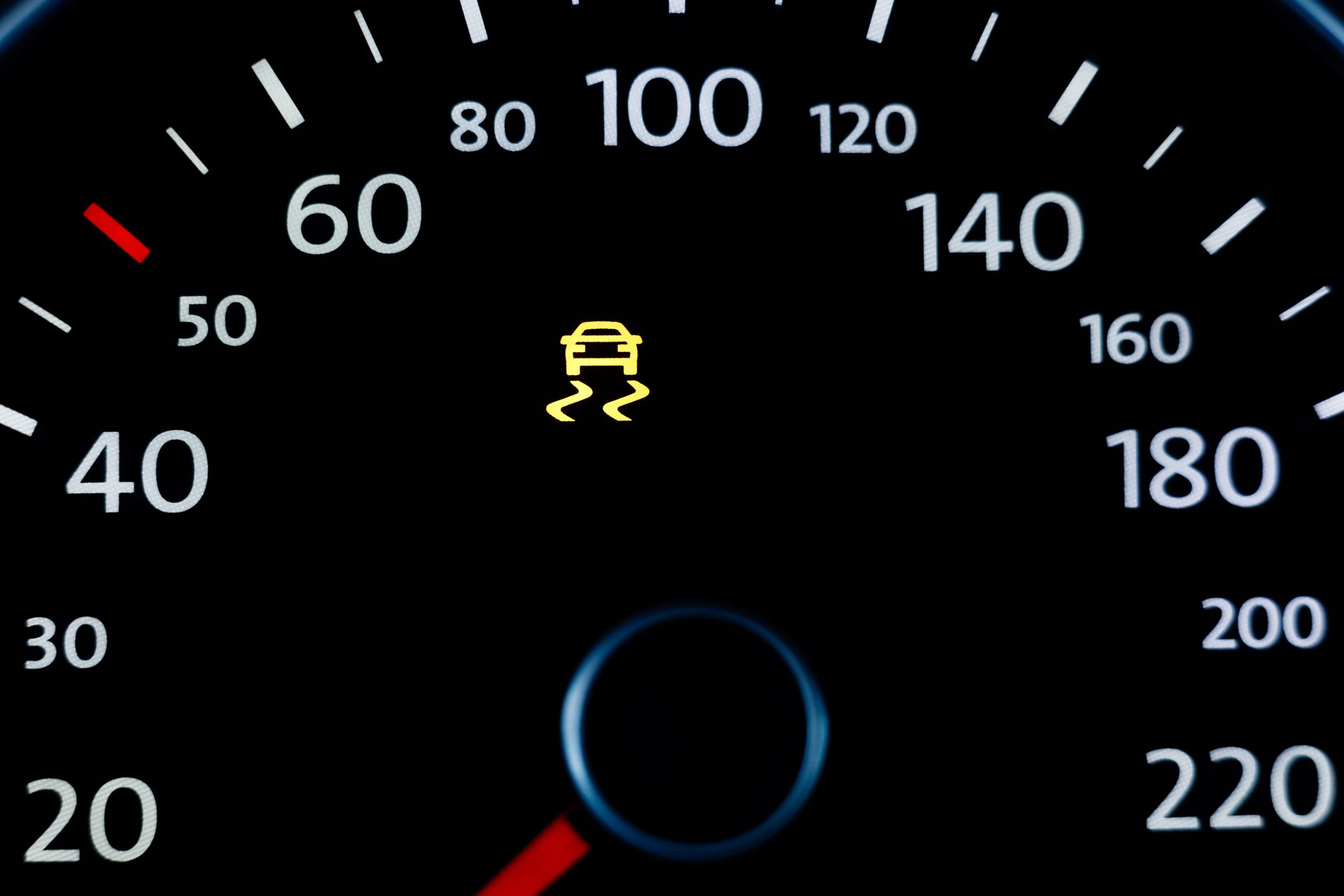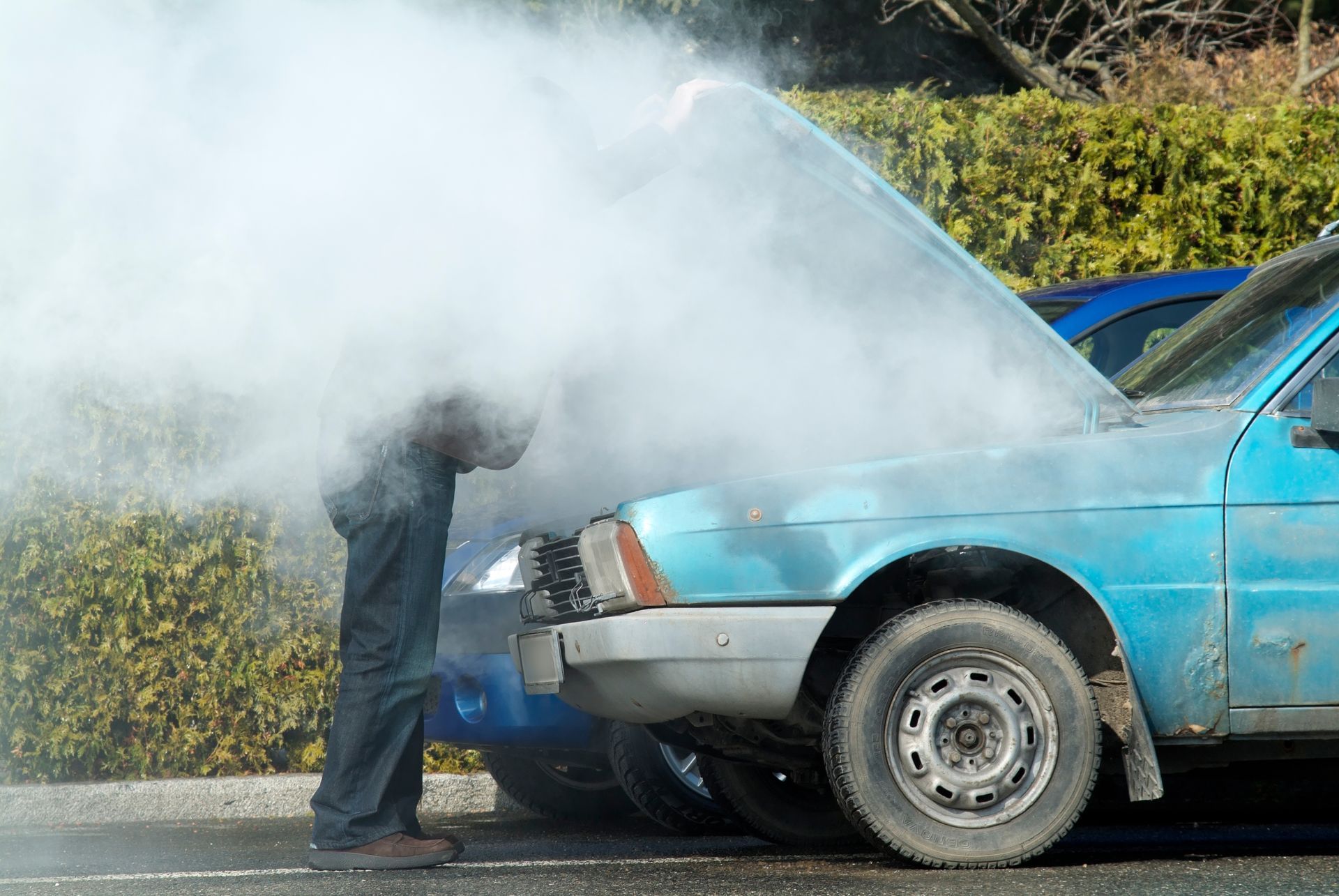Ever wondered about the ins and outs of maintaining your car's transmission? One critical aspect often overlooked is the regular replacement of transmission fluid. How often should you swap out this vital fluid to keep your transmission humming along smoothly?
What Is Transmission Fluid
Before discussing replacement intervals, let's first understand the role transmission fluid plays in your vehicle's operation. Transmission fluid serves multiple purposes, including lubricating moving parts, transferring power, and dissipating heat. However, over time, this fluid can degrade, losing its effectiveness and potentially damaging the transmission if not replaced promptly.
Factors Influencing Replacement Frequency
The frequency at which you should replace your car's transmission fluid depends on several factors, including:
Driving Conditions
Do you frequently drive in stop-and-go traffic or tow heavy loads? These demanding driving conditions can place added stress on your transmission, necessitating more frequent fluid changes to maintain optimal performance.
Manufacturer Recommendations
Consult your vehicle's owner's manual for specific guidelines regarding transmission fluid replacement. Manufacturers typically provide recommendations based on factors such as vehicle age, mileage, and driving habits.
Fluid Quality
Regularly inspect the condition of your transmission fluid. If it appears discolored, contaminated or has a burnt odor, it's a telltale sign that it's time for a change, regardless of mileage.
General Guidelines for Replacement Intervals
While there's no one-size-fits-all answer to how often you should replace your car's transmission fluid, here are some general guidelines to consider:
Every 30,000 to 60,000 Miles
For most vehicles, replacing transmission fluid every 30,000 to 60,000 miles is a good rule of thumb. However, this interval can vary based on factors such as driving habits, vehicle age, and manufacturer recommendations.
Severe Driving Conditions
If you frequently tow, haul heavy loads, or drive in extreme temperatures, consider replacing transmission fluid more frequently, potentially every 15,000 to 30,000 miles, to ensure optimal performance and longevity.
Regular Inspections
Regardless of mileage, it's essential to inspect your transmission fluid and adhere to manufacturer recommendations regularly. Monitoring fluid quality and promptly addressing any issues can help prevent costly transmission problems.
Frequently Asked Questions (FAQs):
- How often should I replace my car's transmission fluid?
As a general guideline, aim for replacement every 30,000 to 60,000 miles, or more frequently if you engage in severe driving conditions such as towing or driving in extreme temperatures.
- How can I tell if my transmission fluid needs to be replaced?
Keep an eye out for signs like discolored or contaminated fluid, a burnt odor, or difficulty shifting gears.
- Can I change my transmission fluid myself, or should I seek professional help?
While some may opt for a DIY approach, others may prefer to enlist the expertise of a qualified mechanic, especially if they lack the necessary tools or experience.
- What are the consequences of neglecting to replace transmission fluid?
Neglecting transmission fluid replacement can lead to diminished performance, increased wear and tear on components, and potential transmission failure.
- Is flushing the transmission fluid necessary, or is draining and refilling sufficient?
While draining and refilling can remove some contaminants, a complete flush is often recommended to clean the system and maintain optimal performance thoroughly.
The team at BG Automotive is here to help with all your transmission services - from Jasper replacements to maintenance tasks - we do it all!











